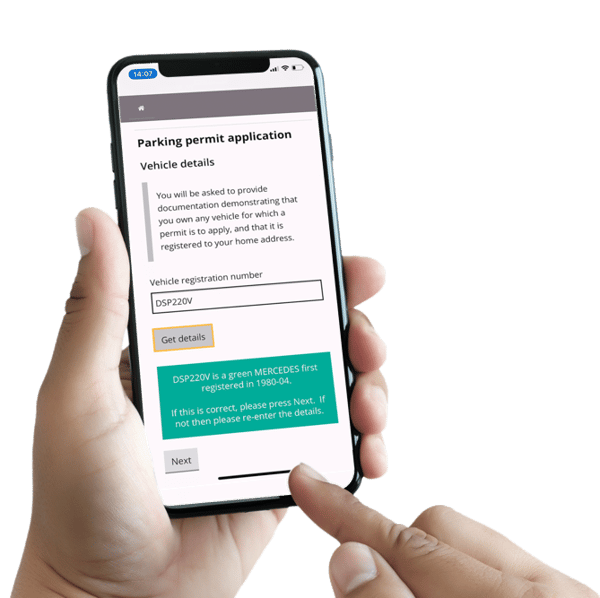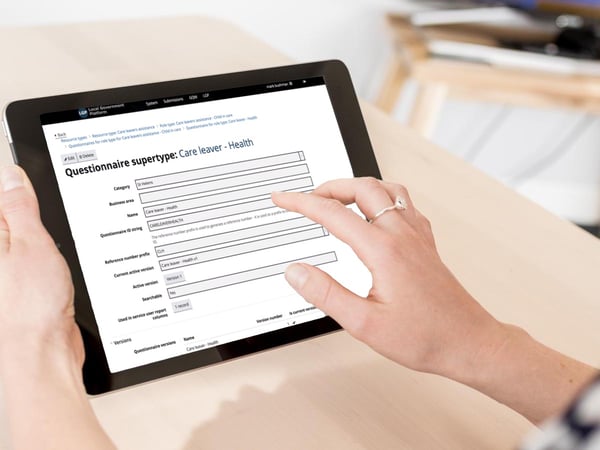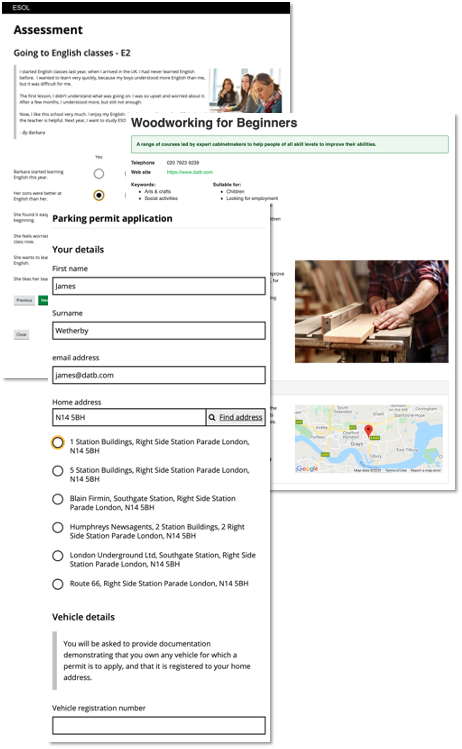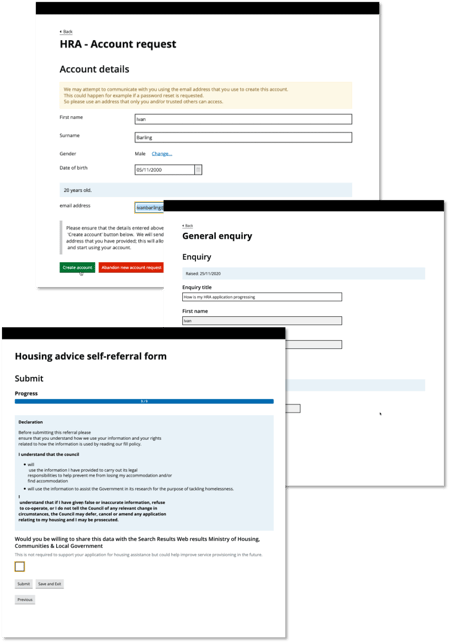Designed for the future
Your applications within LGP will never become obsolete; capabilities can grow and change over time regardless of how technology changes

LGP is delivered by kinodb, datb's development and deployment platform. It provides a framework suitable for use by local and central government bodies.
With LGP you can benefit from the power and flexibility of the core kinodb platform, but enhanced with pre-delivered functionality specifically designed for government.
It removes the constraints of traditional packaged applications, enabling councils to configure and extend a set of generic capabilities to gain the benefits of bespoke development with very little of the traditional overhead.
Your applications within LGP will never become obsolete; capabilities can grow and change over time regardless of how technology changes
Support thousands of concurrent users (local authority staff, partner organisations and citizens) on a single database
Provide and consume web services for close integration with your existing internal applications and external data sources
Citizens may hold accounts within the platform, enabling them to access functionality either via direct login, or when authenticated by an external mechanism.
This means that multiple business processes can use the same data repository for citizen/people records. Rather than creating several applications, you can have just one serving many different business areas. This removes data duplication and the need for multiple developments supporting separate requirements.
There is an additional benefit of reducing the burden of responding to Freedom Of Information (FOI) requests and ensuring GDPR conformance.

Each resource type is defined by parameters that determine the information that will be recorded against each; for instance whether they offer calendars for availability, what user / staff roles they require, etc.
Resource types are defined at a local level as an administrative task, often allowing complete service definitions to be delivered simply by configuration.
System adminstrators manage these resources and provide access to these to members of the public and/or to employees.
Where additional non-generic data and functionality are required in respect of a specific resource type, kinodb provides those capabilities.

Information about individual users and service provider staff is recorded within the citizen model. This allows details of an individual’s interactions with any service to be available at a single point. This is regardless of whether they are a consumer or the provider of the service.
Resource roles defined as a part of the resource type definition each include the information requirements for the holders of that role. For example, the definition of a Nursery staff member might specify that a CRB check has been performed, that a date of birth and next of kin are recorded and that daily attendance is recorded.
Assessment types may also be recorded within the resource type definition; these allow the periodic recording of assessments of role holders. For example to allow early years foundation stage assessments to be recorded in respect of nursery children.
Service availability and attendance calendars can be defined to allow users to see when the service will be available and to schedule and record the attendance of service users.

When there is a requirement to collect complex data from members of the public, or from internal teams, the simplest method to collect it is often achieved by an online form/questionnaire.
Online forms is delivered as a module that can be integrated with line of business applications to enable the collection of data from external parties using a Government Digital Services (GDS) compliant user interface.
To find out more, including the benefits that this method of data collection can bring, click the button below:

Adding integrations to LGP is straightforward. These are included within the standard platform:
Built-in GOV.Notify capabilities for email / SMS communications
Integration with Google Maps for geographic presentation of locations
Integration with address location / validation services such as Loquate and commonly-used local authority gazetteers
Web service access to DVLA’s Vehicle Enquiry Service (VES)
You may need to communicate with other applications (either ones that you own, or others that you require services from) to transfer data to or query data from elsewhere.
Accordingly, secure XML / JSON web services can be used to query or update data and communicate with any system that supports web services. This allows a managed transfer of information between core applications in a secure manner.
LGP is an enterprise grade platform designed specifically for local authorities.
It can be implemented to resolve a single business challenge, or many. Consolidation of functionality within a single platform reduces cost, increases data quality and removes data duplication.
Built with datb's kinodb technology, LGP can be extended as required to meet your specific requirements.
LGP is quick and easy to implement, and regular updates to the platform protect against technological obsolescence.
To find out more about how LGP can help meet your local government requirements, please use the button below to get in contact with our team.